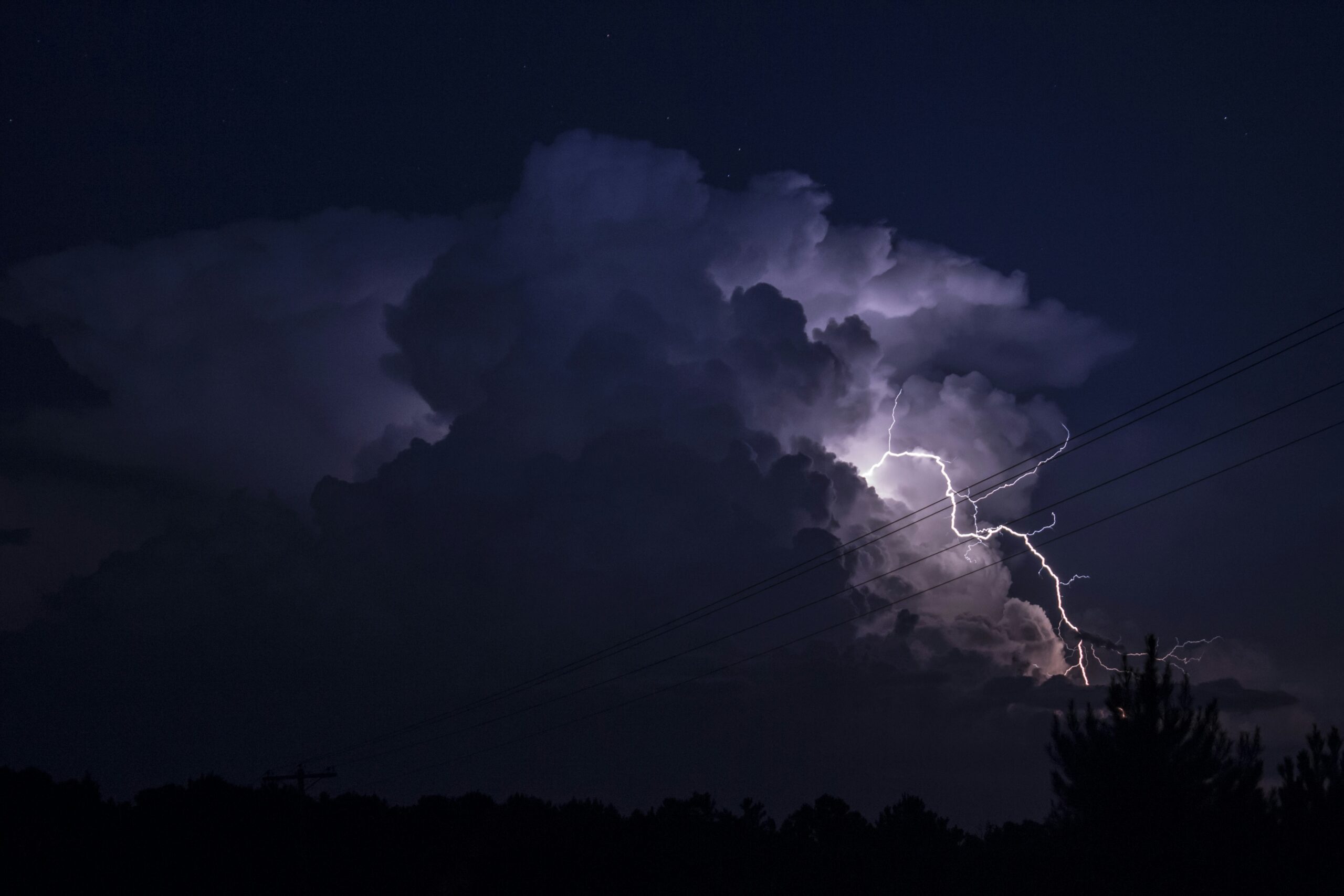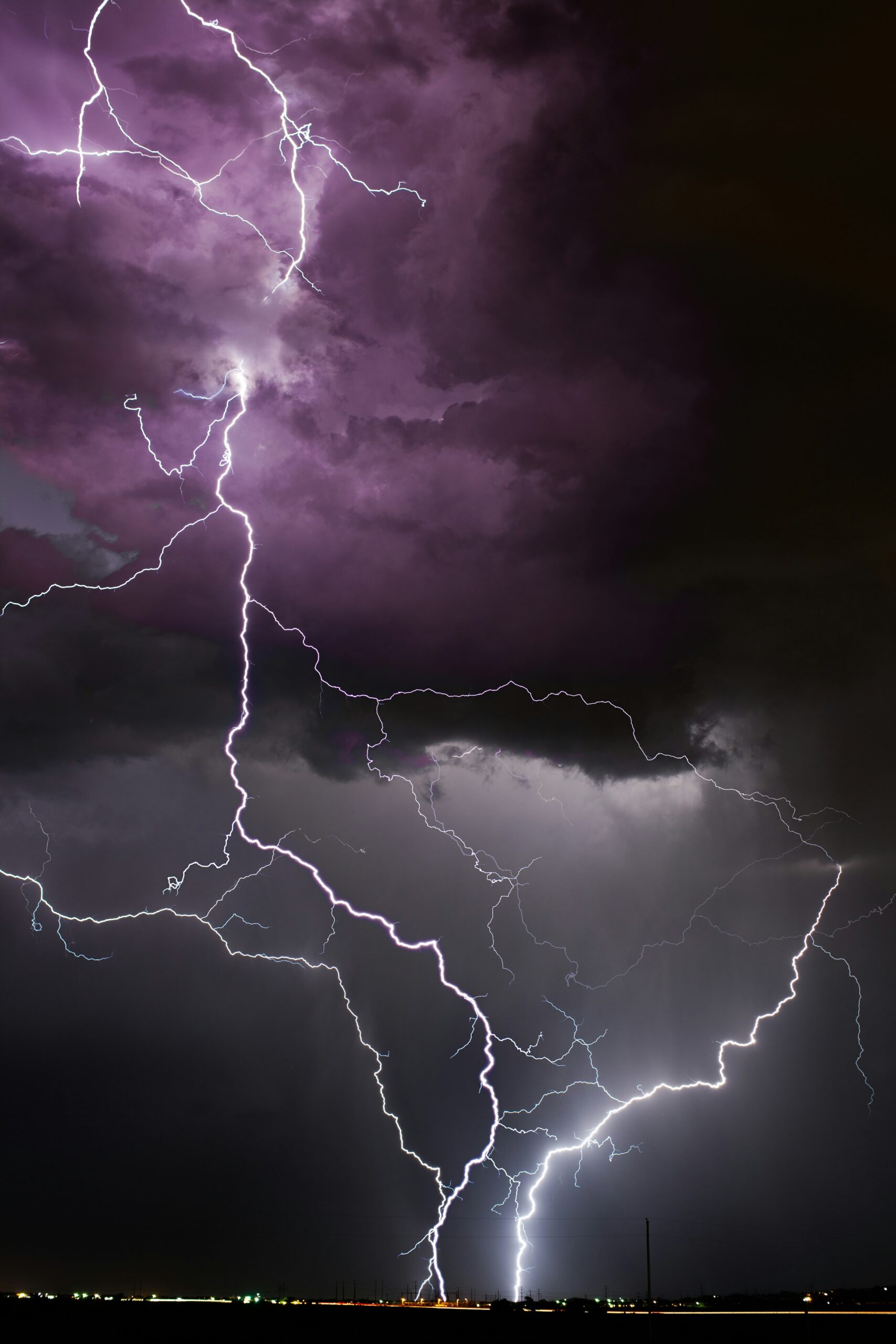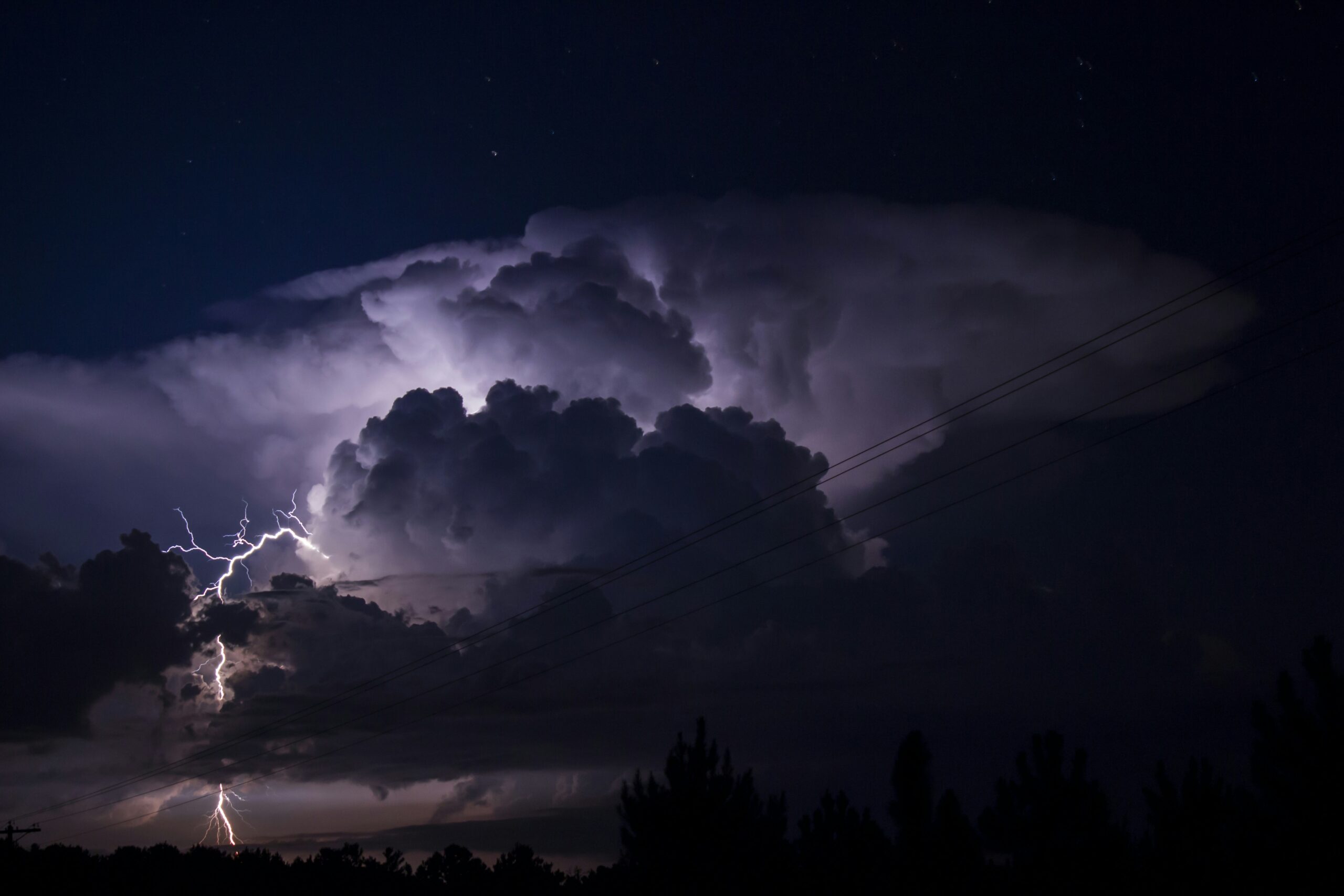With summer just around the corner, it’s essential to be equipped for a potential heatwave. The scorching hot temperatures can prove to be quite challenging, but fear not, as we’ve got you covered. In this article, you will find invaluable tips and tricks on how to prepare yourself and your surroundings for a severe heatwave. From staying hydrated to implementing effective cooling methods, we’ll ensure you’re ready to tackle whatever the sun throws your way. So, sit back, relax, and let’s dive into this comprehensive guide on surviving the upcoming heatwave.
Understanding Heatwaves
What is a heatwave?
A heatwave is a prolonged period of excessively hot weather, typically lasting several days or even weeks. It is characterized by high temperatures that are significantly higher than the average for the region, and often accompanied by high levels of humidity. Heatwaves can be challenging to endure, as the intense heat and humidity can place significant stress on both individuals and the environment.
Factors contributing to a heatwave
Several factors contribute to the occurrence of a heatwave. Typically, they are a result of a combination of high pressure systems, stagnant air masses, and the absence of clouds or rainfall. This combination traps heat near the Earth’s surface, preventing it from dissipating into the atmosphere. Additionally, factors such as urbanization, deforestation, and climate change can exacerbate the intensity and duration of heatwaves.
Impacts of a long-standing heatwave
A long-standing heatwave can have various impacts on both individuals and the environment. In terms of human health, heatwaves can lead to heat-related illnesses such as heat exhaustion and heatstroke. These conditions occur when the body is unable to regulate its temperature effectively, leading to symptoms such as dizziness, fatigue, and in severe cases, organ failure or even death. High temperatures during a heatwave can also worsen existing respiratory conditions and increase the risk of dehydration.
From an environmental perspective, heatwaves can have significant ecological consequences. Prolonged periods of heat and drought can lead to water scarcity, reduced crop yields, and increased wildfire risk. Additionally, heatwaves can place stress on ecosystems, causing changes in animal behavior, shifts in species distribution, and even mass mortality events. It is crucial to understand the impacts of heatwaves to effectively prepare for and mitigate their effects.

Recognizing Heatwave Alerts and Watches
Understanding weather updates
Keeping track of weather updates is essential for recognizing heatwave alerts and watches. Local weather forecast services, television broadcasts, websites, and smartphone applications are valuable sources of information. Pay attention to high-temperature warnings and heat advisories issued by meteorological organizations, as they provide crucial information regarding the severity and duration of the heatwave.
The role of meteorology departments
Meteorology departments play a significant role in predicting and monitoring heatwaves. They use advanced weather models and satellite data to analyze atmospheric conditions and provide accurate forecasts. Their expertise allows them to identify the onset of a heatwave and issue alerts and watches accordingly. These departments work closely with emergency management agencies to ensure that the public receives timely and accurate information.
Significance of heatwave alerts and watches
Heatwave alerts and watches serve as crucial warnings for individuals and communities. They provide an opportunity to prepare for the heatwave’s impact, take necessary precautions, and mitigate potential risks. By heeding these alerts, individuals can protect themselves and their loved ones, especially those who are particularly vulnerable to the effects of extreme heat. It is essential to take these warnings seriously and follow the recommended guidelines to ensure personal safety during a heatwave.

Preparing Your Home for a Heatwave
Insulating your home
Insulating your home is an effective way to minimize the effects of a heatwave. Proper insulation helps to keep the heat out and maintain lower indoor temperatures. Ensure that your home’s insulation is in good condition, paying attention to areas such as roofs, walls, and windows. Proper insulation can significantly reduce the need for excessive air conditioning, making your home more energy-efficient and comfortable during a heatwave.
Invest in air conditioners and coolers
Investing in air conditioners and coolers can provide respite from the extreme heat during a heatwave. Consider installing energy-efficient air conditioning units or portable coolers in rooms that you frequently occupy. They can help maintain comfortable indoor temperatures, allowing you to seek relief from the scorching heat. Be sure to have them serviced regularly to ensure optimal performance during a heatwave.
Keeping windows shaded and covered
During a heatwave, it is essential to keep your windows shaded and covered to minimize heat gain inside your home. This can be achieved by using blinds, curtains, or window films that are designed to reflect sunlight and reduce solar heat gain. Additionally, consider applying heat-reflective coatings on windows to further reduce heat transfer. By blocking out direct sunlight, you can prevent excessive warming of indoor spaces and reduce the need for additional cooling.
Using appliances wisely during a heatwave
Using appliances wisely can help manage heat levels in your home during a heatwave. Avoid using heat-generating appliances such as ovens, dryers, and dishwashers during the hottest parts of the day. Instead, opt for grilling outdoors or using alternative cooking methods that generate less heat. Additionally, switch off unnecessary lights and electronics to reduce heat production and lower your overall energy consumption.


